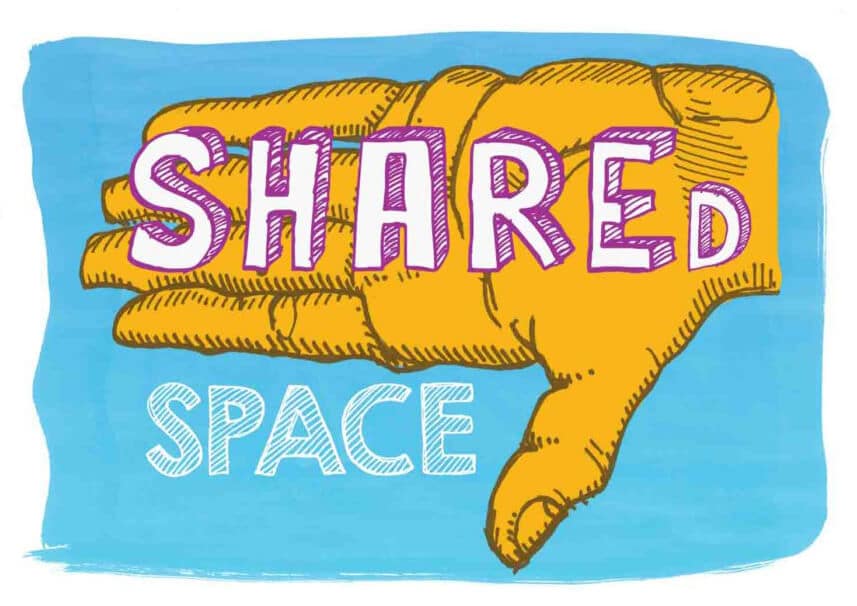How to spot the warning signs

When we think of intimate partner violence or family violence, we often only think about physical abuse. However, it is important to include emotional abuse in our conversations about violence. Many forms of emotional abuse are not considered crimes under Canadian law, but this does not mean that their effects are any less severe than those of physical abuse.
Although Canada does not collect statistics on emotional abuse, the Australian Bureau of Statistics found in 2014 that one in four women and one in seven men have experienced emotional abuse. Physical abuse is frequently preceded by emotional abuse. Since emotional abuse is not often discussed or defined, it can be hard to know what the signs are.
Emotional abuse often involves manipulative behaviours that minimizes the feelings of the person experiencing that abuse. One example is “gaslighting,” when a person manipulates someone else into feeling that they are not sane, or that their concerns are not valid. This form of behaviour is extremely toxic, and is often used by abusers to deny or lie about something they have done. If you have been made to feel “crazy” or “paranoid” for expressing concern or asserting your feelings, this could be a sign of emotional abuse.
Another important warning sign is controlling behaviour. Denying someone the ability to make their own decisions, to spend time with friends or family, or to go about their life freely can all be abusive behaviours. Controlling behaviour can also look like an abuser excessively checking up on someone else to the point where they get upset if they do not constantly know where the other person is or what they are doing. These behaviours often go hand in hand with making someone feel guilty for resisting control, as this person may claim that they know what is best and have the other’s interests at heart. All of these behaviours have the potential to become toxic or abusive.
The last important thing to remember is that emotional abuse can happen in all kinds of relationships, from romantic partnerships to friendships to families. If you or someone you know is in a relationship with warning signs of emotional abuse, reach out to SHARE at [email protected] or call 506-364-2613.





